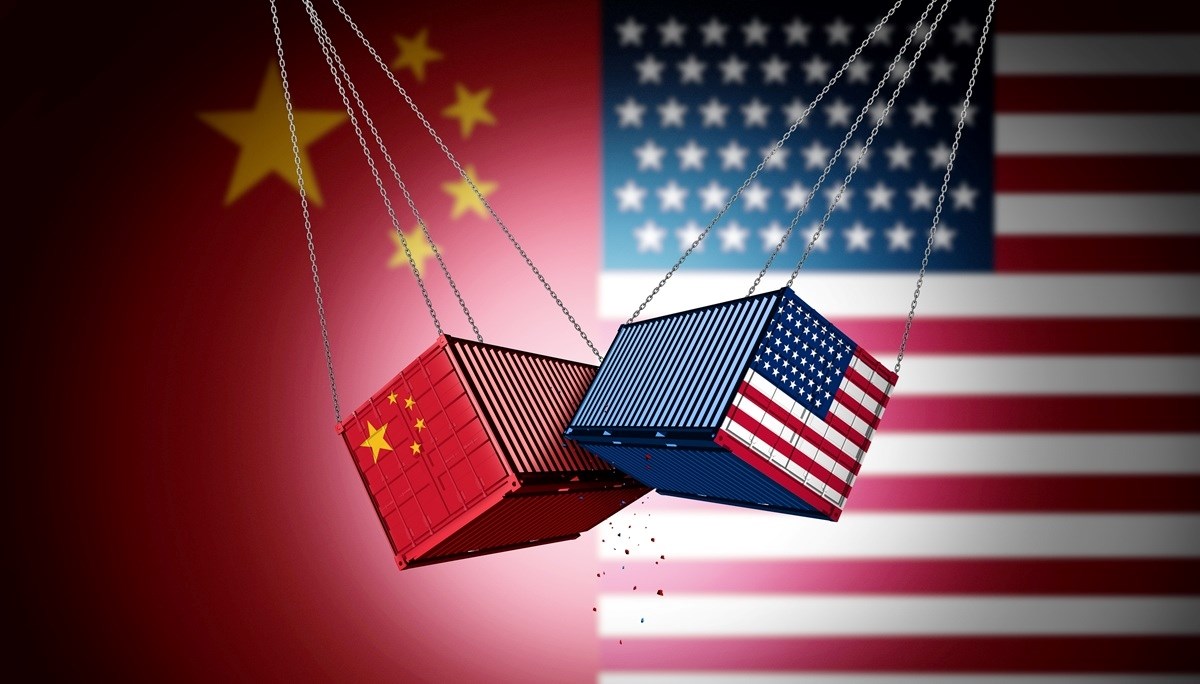The United States and China have reached a preliminary agreement on a framework to de-escalate trade tensions between the world’s two largest economies. The agreement, resulting from two days of talks in London, focuses on resolving export restrictions on rare earth metals, which are crucial for modern technologies such as smartphones and electric vehicles. Both sides plan to present the agreement to their presidents for approval. This development follows a temporary truce in the trade war and mutual accusations of violating the agreement. The US has restricted Chinese access to certain technologies, while China imposed tariffs on American goods. The goal is to implement the consensus reached in Geneva and continue negotiations towards a permanent trade deal.
Political Perspectives:
Left: Left-leaning outlets emphasize the importance of diplomatic engagement and multilateral negotiations to resolve trade conflicts. They highlight the negative impact of tariffs on workers and consumers in both countries and advocate for fair trade practices that protect labor rights and the environment. The narrative often critiques aggressive trade policies and calls for cooperation over confrontation.
Center: Centrist sources report the agreement as a pragmatic step towards stabilizing global trade relations. They focus on the economic implications of the deal, noting the benefits of reducing tariffs and easing export restrictions. The coverage tends to be balanced, presenting statements from both US and Chinese officials and emphasizing the ongoing nature of negotiations.
Right: Right-leaning media often frame the agreement as a strategic victory for the US, highlighting the pressure applied on China to curb unfair trade practices and protect American technological leadership. They stress the importance of maintaining strong trade policies to counter China’s economic ambitions and safeguard national security interests. The narrative may also underscore the toughness of the US administration in negotiations.






























